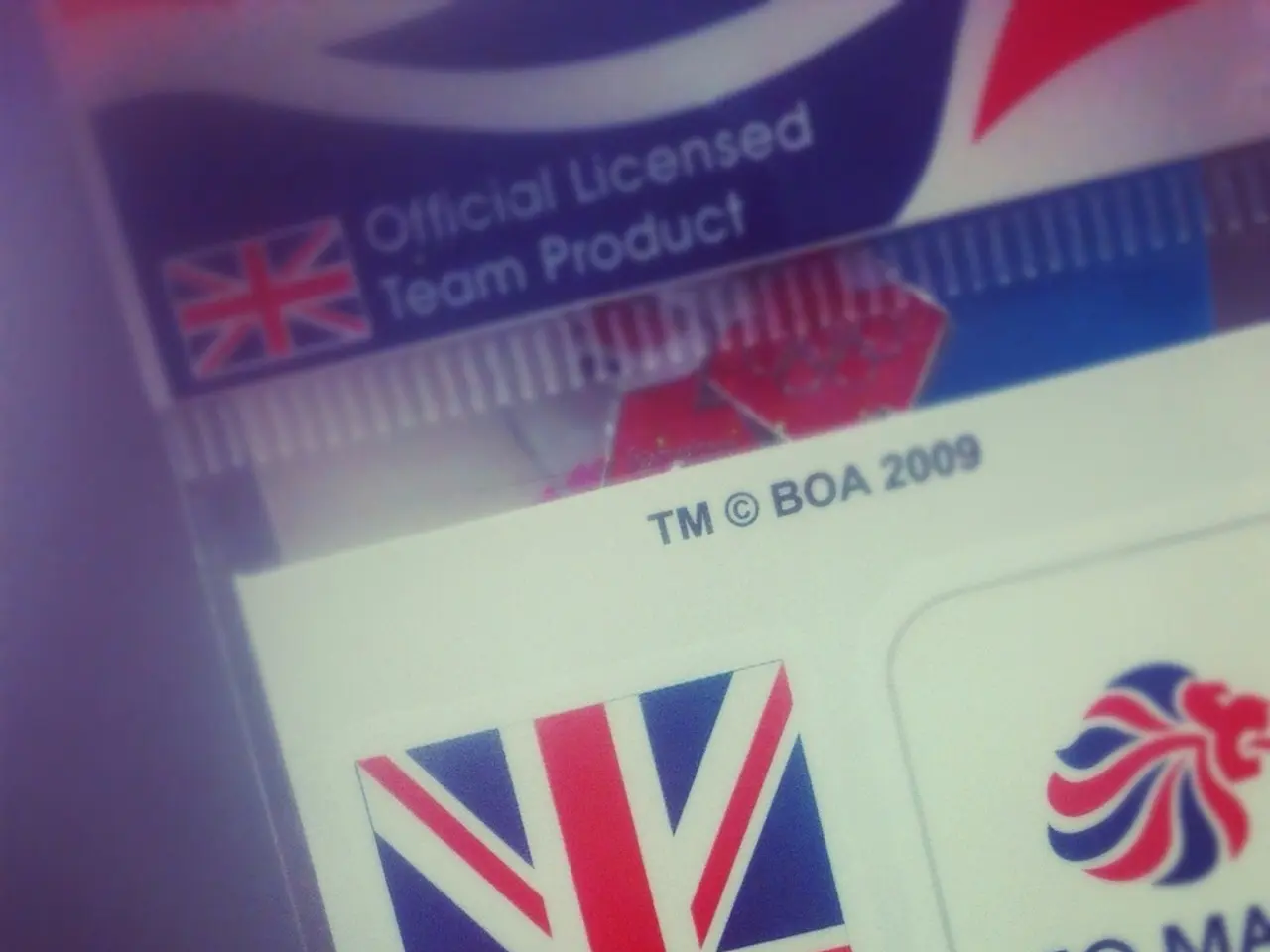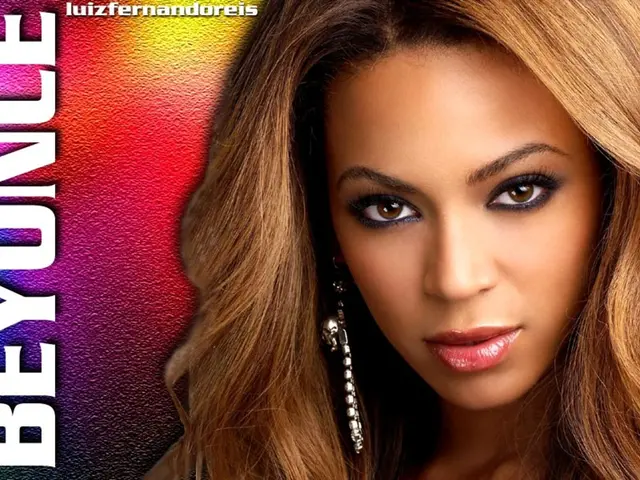Trump Imposes Financial Surcharge of $100,000 for H-1B Work Visas
In a significant move during his second term, US President Donald Trump has announced a new measure that imposes an annual $100,000 fee for H-1B skilled worker visas, effective from Sunday. This latest move is part of Trump's ongoing immigration crackdown.
The new fee could potentially have major repercussions for the tech industry, where H-1B visas are prolific. The peak in rejections was recorded in 2018 during Trump's first term, but the number of H-1B visa applications has risen sharply in recent years, with a peak in approvals in 2022 under Democratic President Joe Biden.
The US awards 85,000 H-1B visas per year on a lottery system. These visas allow companies to sponsor foreign workers with specialized skills, such as scientists, engineers, and computer programmers, to work in the United States. Initially, H-1B visas allow foreign workers to stay in the United States for three years, but they can be extended to six years.
Commerce Secretary Howard Lutnick stated that "all the big companies are on board" regarding the new measures. However, tech entrepreneurs, including Trump's former ally Elon Musk, have warned against targeting H-1B visas, saying that the United States does not have enough homegrown talent to fill important tech sector job vacancies.
Reed Hastings, co-founder of Netflix, supports the new $100,000 H-1B visa fee proposed by Donald Trump. The aim is to reserve visas for particularly valuable jobs. Major tech companies like Amazon and Google have expressed concerns about the fee's impact on smaller firms.
The Homeland Security secretary has the authority to exempt individuals, companies, or industries from the new fee. Trump also signed an order to create a new expedited pathway to US residency for individuals who pay $1 million, or for corporate sponsors to pay $2 million. This new measure was announced alongside the introduction of a $1 million "gold card" residency program.
It's worth noting that India accounts for around three-quarters of the recipients of H-1B visas. Large technology firms rely on Indian workers who either relocate to the United States or come and go between the two countries. Trump expressed optimism about the success of the new measures, but the long-term effects on the tech industry and US-India relations remain to be seen. Trump's order expires in a year, with the possibility of extension.
Read also:
- United States tariffs pose a threat to India, necessitating the recruitment of adept negotiators or strategists, similar to those who had influenced Trump's decisions.
- Weekly happenings in the German Federal Parliament (Bundestag)
- Southwest region's most popular posts, accompanied by an inquiry:
- Discussion between Putin and Trump in Alaska could potentially overshadow Ukraine's concerns








